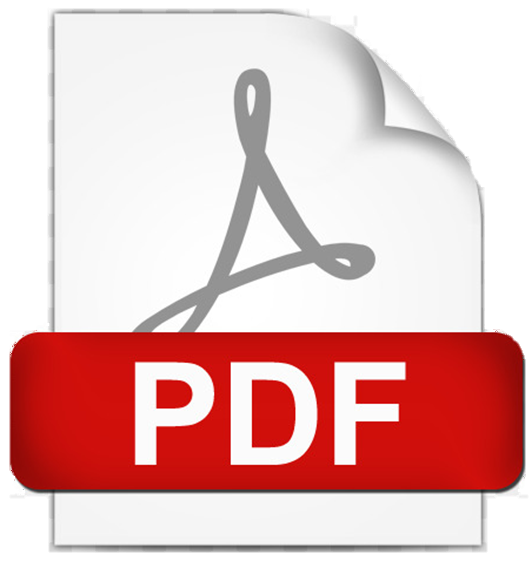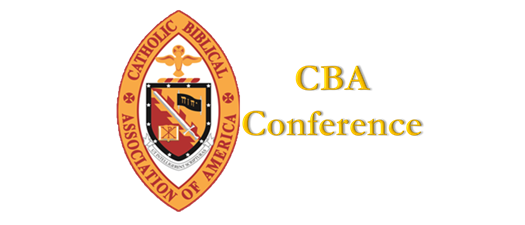Innovation: Emerging Scholarship Conference
A free international event for postdoctoral scholars and graduate students.
Zoom
* Registration open until 4/20/23 at 8:00 AM (EDT)
Event Details
 Program
Program
Registrants will receive a link to download the presenters' papers. All participants are expected to read the submitted papers prior to the event so that the group can focus the conversation in each session on the ideas presented. The ninety-minute sessions will begin with three presenters each offering a five minute summary of their paper, followed by two respondents to all of the papers and one senior scholar respondent to all of the papers; this will be followed by an open discussion among all conference participants.
Those attending the Conference must agree to adhere to the following:
All participants are expected to behave in accordance with norms for participation in academic conferences, and in particular are asked to note the following:
- Presenters should arrive to the meeting space in-person or virtually join the session at least 10 minutes prior to the start of the session to connect with the session chair.
- Participants are expected to attend every session.
- Update the Zoom application prior to the event (current version is 5.14.0).
- All sessions will be recorded for archival purposes and some will be shared on the CBA website By agreeing to attend the virtual, you grant permission to CBA to record and broadcast your likeness.
Harassment of the Catholic Biblical Association (CBA) and its employees, members, or volunteers and other individuals attending (“attendee”) CBA operated, sponsored and/or affiliated events on the basis of race, color, religion, sex, sexual orientation, national origin, age, marital status, disability, or other basis, including sexual harassment (as defined and protected by applicable law) is unacceptable and will not be tolerated.
Sexual Harassment
Sexual harassment has been defined generally as including unwelcome sexual advances, requests for sexual favors, and other verbal or physical conduct of a sexual nature whenever: (1) submission to the conduct is either an explicit or implicit term or condition of employment; (2) an individual's reaction to the conduct is used as a basis for employment decisions affecting that individual; (3) the conduct has the purpose or effect of interfering with the individual's work performance; or (4) the conduct has the purpose or effect of creating an intimidating, hostile, or offensive working environment.
No employee, member, volunteer, or attendee should be subjected to sexual harassment or unsolicited and unwelcome sexual overtures, nor should any employee, member, volunteer, or attendee be led to believe that any benefit will in any way depend upon “cooperation” of a sexual nature.
Sexual harassment is not limited to demands for sexual favors. It also may include such actions as: (1) sex-oriented verbal “kidding,” “teasing,” or jokes; (2) repeated offensive sexual flirtations, advances, or propositions; (3) continued or repeated verbal abuse of a sexual nature; (4) graphic or degrading comments about an individual or his or her appearance; (5) the display of sexually suggestive objects or pictures; (6) subtle pressure for sexual activity; and (7) inappropriate physical contact.
Sexual harassment does not refer to occasional compliments of a socially acceptable nature or consensual personal and social relationships without a discriminatory employment effect. It refers to behavior that is not welcome and that is personally intimidating, hostile, offensive.
Other Unlawful Harassment or Conduct
Harrassment on any grounds is prohibited.
Scope of Policy
This policy prohibiting harassment, whether sexual or of another nature, is not limited to relationships between and among employees, members and volunteers, but also extends to interaction with attendees and vendors. No officer, director, members, or other volunteer shall subject any employee, member, volunteer, attendee, or vendor to sexual or other harassment of any nature, including that conduct described above. Any forms of harassment as described in this policy are reportable immediately to the CBA Executive Director or the Chair of the Executive Committee.
CBA will fully investigate all complaints and will maintain confidentiality to the extent possible. Anyone who is found to have engaged in harassment will be subject to appropriate disciplinary action, which may include the following: (1) a written reprimand or censure; (2) a request for resignation; (3) removal of such person from the individual’s position within CBA; or (4) termination of the individual’s membership, employment, engagement, and/or participation in current and/or future CBA operated, sponsored and/or affiliated events. No individual will be retaliated against for making a complaint or assisting with the investigation of a complaint.
Procedure for Investigation and Determination
Any person who has experienced a serious harassment or any physical assault should contact law enforcement officials immediately. Any person who desires to report a possible violation of the CBA Professional Conduct Policy at an CBA sanctioned event should promptly contact the CBA Executive Director or the Chair of the Executive Board. CBA has established Professional Conduct Investigation Procedures that provide guidelines for gathering information, maintaining confidentiality to the extent possible, reaching an initial determination, allowing for an appeal, and determining disciplinary action. An investigation may not be conducted without the consent and participation of the alleged victim.
For More Information:
Thursday, April 20 |
|
| 9:00-9:30 am | WELCOME |
| 9:30-11:30 am | SESSION 1 |
|
|
| 1:00-3:00 pm | SESSION 2 |
|
|
| 3:30-5:00 pm | Panel Discussion: Directions of Biblical Studies |
|
|
Friday, April 21 |
|
| 9:30-11:30 am | SESSION 3 |
|
|
| 1:00-3:00 pm | SESSION 4 |
|
|

